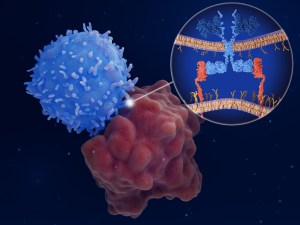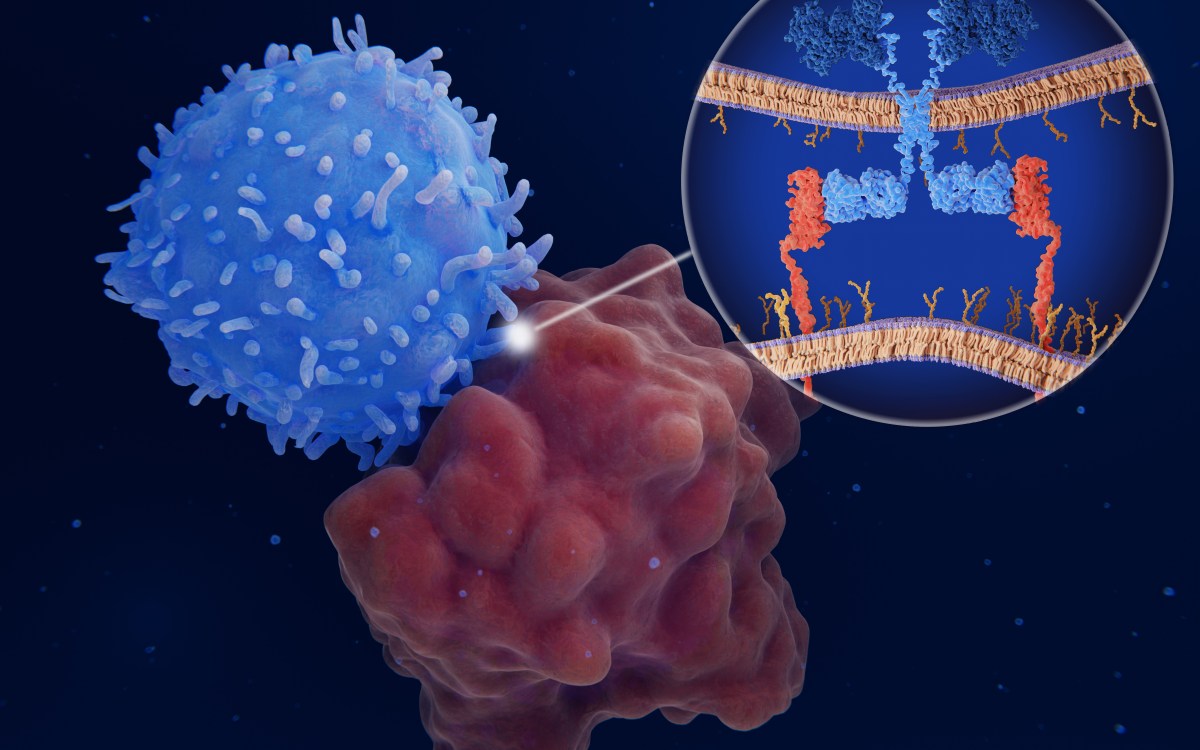Researchers identify genes that trigger depression
Could be key to more effective treatments
A substance known as CREB controls gene expression in the brain. It also appears to be active in mood disorders. A group of Harvard researchers at McLean Hospital in Belmont, Mass., have developed methods that allowed them to selectively activate or deactivate CREB in the brains of rats. They found that activation of CREB in frontal portions of the brain caused signs of depression that normally occur only in response to stressful situations. The findings were published in the September 2001 issue of The Journal of Neuroscience. “Stress causes many changes in the brain,” said William Carlezon, director of McLean’s Behavioral Genetics Laboratory and an assistant professor of psychiatry at Harvard Medical School. “We have identified CREB as a critical element in a chemical pathway that, when activated, can cause certain symptoms of depression.” Carlezon’s group also found that blocking CREB lessened the effects of stress, and made rats behave as if they were being treated with antidepressant drugs.





